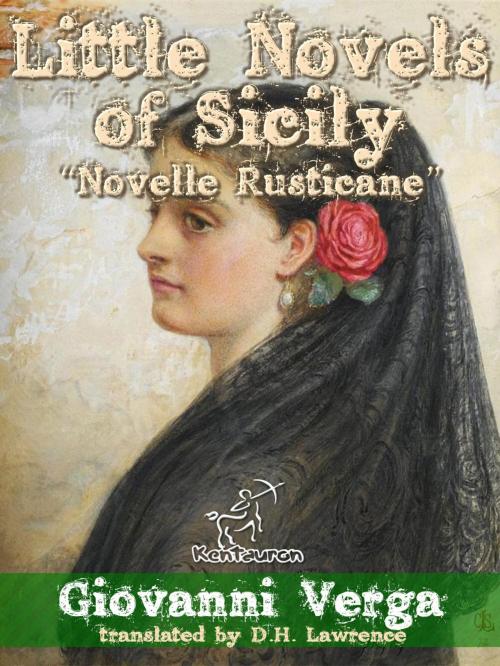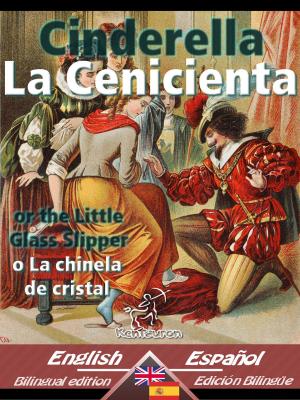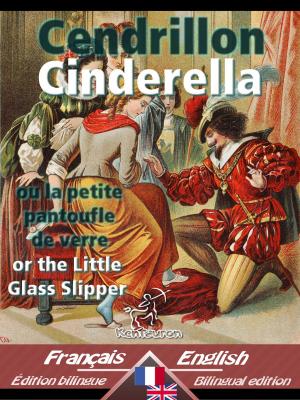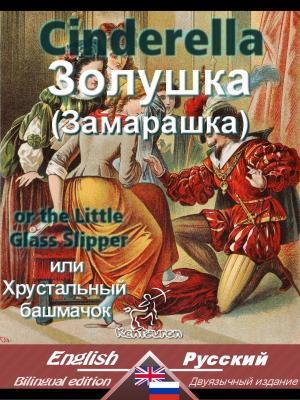Little Novels of Sicily: "Novelle Rusticane"
Fiction & Literature, Short Stories, Historical, Romance| Author: | Giovanni Verga | ISBN: | 9781987892574 |
| Publisher: | www.kentauron.com | Publication: | July 24, 2015 |
| Imprint: | Kentauron | Language: | English |
| Author: | Giovanni Verga |
| ISBN: | 9781987892574 |
| Publisher: | www.kentauron.com |
| Publication: | July 24, 2015 |
| Imprint: | Kentauron |
| Language: | English |
First Published in a single volume in 1883, the stories collected in Little Novels of Sicily are drawn from the Sicily of Giovanni Verga's childhood, reported at the time to be the poorest place in Europe. Verga's style is swift, sure, and implacable; he plunges into his stories almost in midbreath, and tells them with a stark economy of words. There's something dark and tightly coiled at the heart of each story, an ironic, bitter resolution that is belied by the deceptive simplicity of Verga's prose, and Verga strikes just when the reader's not expecting it.
Giovanni Carmelo Verga (2 September 1840 – 27 January 1922) was an Italian realist (Verismo) writer, best known for his depictions of life in his native Sicily, and especially for the short story (and later play) Cavalleria Rusticana and the novel I Malavoglia (The House by the Medlar Tree).
Sicilian novelist and playwright, is surely the greatest writer of Italian fiction, after Manzoni.
As a young man he left Sicily to work at literature and mingle with society in Florence and Milan, and these two cities, especially the latter, claim a large share of his mature years. He came back, however, to his beloved Sicily, to Catania, the seaport under Etna, to be once more Sicilian of the Sicilians and spend his long declining years in his own place.
Translator D. H. Lawrence surely found echoes of his own upbringing in Verga's sketches of Sicilian life: the class struggle between property owners and tenants, the relationship between men and the land, and the unsentimental, sometimes startlingly lyric evocation of the landscape. Just as Lawrence veers between loving and despising the industrial North and its people, so too Verga shifts between affection for and ironic detachment from the superstitious, uneducated, downtrodden working poor of Sicily. If Verga reserves pity for anyone or anything, it is the children and the animals, but he doesn't spare them. In his experience, it is the innocents who suffer first and last and always.
If you are learning or improving your Italian or English as second language grab the bilingual edition of this ebook. An easy to read paragraph by paragraph English-Italian parallel text version.
Other bilingual parallel text ebooks by the same editor
http://smarturl.it/bilingual
First Published in a single volume in 1883, the stories collected in Little Novels of Sicily are drawn from the Sicily of Giovanni Verga's childhood, reported at the time to be the poorest place in Europe. Verga's style is swift, sure, and implacable; he plunges into his stories almost in midbreath, and tells them with a stark economy of words. There's something dark and tightly coiled at the heart of each story, an ironic, bitter resolution that is belied by the deceptive simplicity of Verga's prose, and Verga strikes just when the reader's not expecting it.
Giovanni Carmelo Verga (2 September 1840 – 27 January 1922) was an Italian realist (Verismo) writer, best known for his depictions of life in his native Sicily, and especially for the short story (and later play) Cavalleria Rusticana and the novel I Malavoglia (The House by the Medlar Tree).
Sicilian novelist and playwright, is surely the greatest writer of Italian fiction, after Manzoni.
As a young man he left Sicily to work at literature and mingle with society in Florence and Milan, and these two cities, especially the latter, claim a large share of his mature years. He came back, however, to his beloved Sicily, to Catania, the seaport under Etna, to be once more Sicilian of the Sicilians and spend his long declining years in his own place.
Translator D. H. Lawrence surely found echoes of his own upbringing in Verga's sketches of Sicilian life: the class struggle between property owners and tenants, the relationship between men and the land, and the unsentimental, sometimes startlingly lyric evocation of the landscape. Just as Lawrence veers between loving and despising the industrial North and its people, so too Verga shifts between affection for and ironic detachment from the superstitious, uneducated, downtrodden working poor of Sicily. If Verga reserves pity for anyone or anything, it is the children and the animals, but he doesn't spare them. In his experience, it is the innocents who suffer first and last and always.
If you are learning or improving your Italian or English as second language grab the bilingual edition of this ebook. An easy to read paragraph by paragraph English-Italian parallel text version.
Other bilingual parallel text ebooks by the same editor
http://smarturl.it/bilingual















